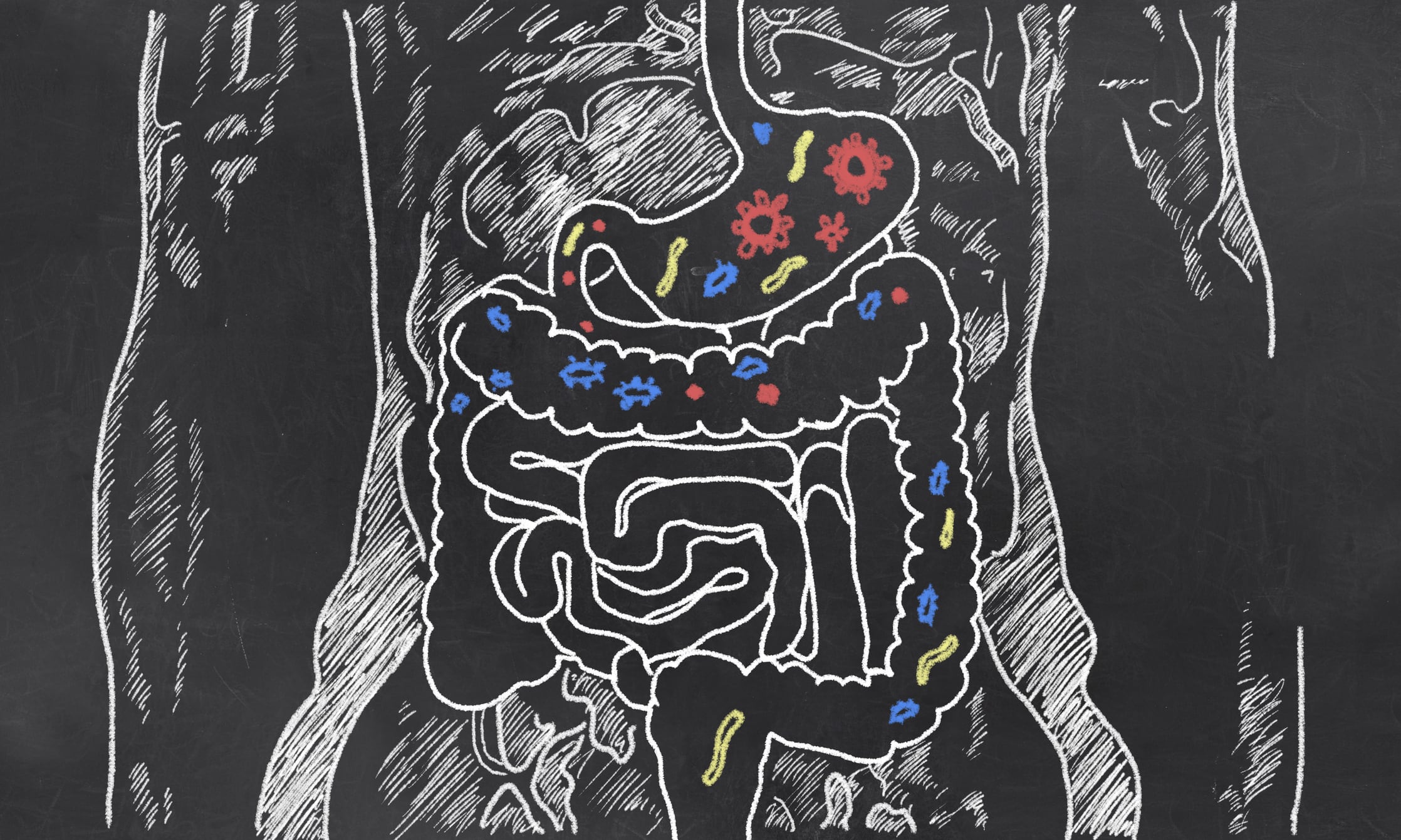MSPrebiotics Inc., an ingredient developer based in Carberry, Manitoba, has been conducting research for several years into its eponymous prebiotic ingredient, which is a digestion resistant starch derived from potatoes. It has been on the market for about two years.
Possible biomarker
In a recent paper published in December by the Journal of Aging Research and Clinical Practice, researchers associated with the company found that decreasing levels of a particular organism which were observed after supplementation with MSPrebiotic correlated with improved parameters of diabetes.
Titled Decreasing levels of Sporacetigenium correlate with improved diabetic parameters in healthy adults consuming MSPrebiotic digestion resistant starch, the paper was written by Jason Bush, PhD, who is the senior scientist for the company, and Michelle Alfa PhD of the University of Manitoba.
The paper’s findings could represent a step in the direction of one of the holy grails of digestive health science—finding a biomarker that could correlate to improved digestive health in healthy subjects.
Finding effects in healthy populations
Up to now digestive health, like overall health in general, has been pretty much about the absence of negative parameters. In the area of digestion, these include symptoms such as gas, bloating and loose stools.
Finding a way to move the needle with prebiotic or probiotic ingredients in healthy people has been difficult. If the subjects are already feeling pretty good digestion-wise, how do you show your ingredient made them feel better?
Companies researching their ingredients have taken to studying healthy populations under some sort of stress, such as travelers or people rebounding from a course of antibiotics. In these cases, the subjects might temporarily be exhibiting symptoms like diarrhea or abdominal discomfort that the study design could show were ameliorated with the intervention.
In a previous study on the ingredient, a team led by Prof. Alfa found that MSPrebiotic increased levels of Bifidobacterium in the guts of health subjects and also down regulated gut dysbiosis as measured by Proteobacteria levels.
Deeper dive into data
In the present paper, Bush and Alfa looked more deeply into those effects and ended up finding something surprising, Bush said.
“Our main hypothesis is that we know that resistant starches are typically fermented in a two step process. Bifidobacteria are breaking the starch down into lactic acid and Firmicutes are breaking that down into beneficial products like butyrate,” Bush told NutraIngredients-USA.
“But when we focused in on the Firmicutes, that’s not all that we found,” he said.
The study was a deeper dive into data derived from the company’s earlier study and included data from a cohort of 30-to 50-year-olds and another cohort of subjects who were 70 years of age or older. After subjecting the data to a more detailed statistical analysis, they found that levels of Sporacetigenium, an organism normally found at low abundance, correlated with parameters of insulin resistance.
Obscure organism
Little is known about this organism, the authors wrote. What is known is that unlike other members of the Firmicutes genus, it neither ferments starch nor produces butyrate.
“Elevated levels of Sporacetigenium in individuals with impaired glucose metabolism may reflect the ability of this genus to thrive in conditions where excess glucose persists,” they found.
They concluded that, “Sporacetigenium levels decrease as diabetic parameters improve following twelve weeks of DRS consumption in both middle-aged and elderly individuals. No other significant correlations between diabetic parameters and Firmicutes genera were detected. Finally, the correlation between high Sporacetigenium levels and high insulin levels at baseline further suggests a connection between Sporacetigenium in the gut and insulin secretion by the host. Further research exploring the relationship between prebiotics, Sporacetigenium, and blood glucose and insulin levels is warranted.”
The company says it is looking for partners to commercialize the finding on the testing front.
“We look forward to partnering with microbiome testing companies to commercialize this technology. Having a metabolic parameter linked to a microbiome marker you can track gives us a unique opportunity to empower individuals to mitigate disease risks,” said Jason Leibert, vice president of business development.
The company will be highlighting is branded prebiotic at its booth No. 4288 at the Natural Products Expo West trade show in Anaheim, CA.
Source: Journal of Aging Research and Clinical Practice
http://dx.doi.org/10.14283/jarcp.2018.28
Authors: Bush JR, Alfa JM


